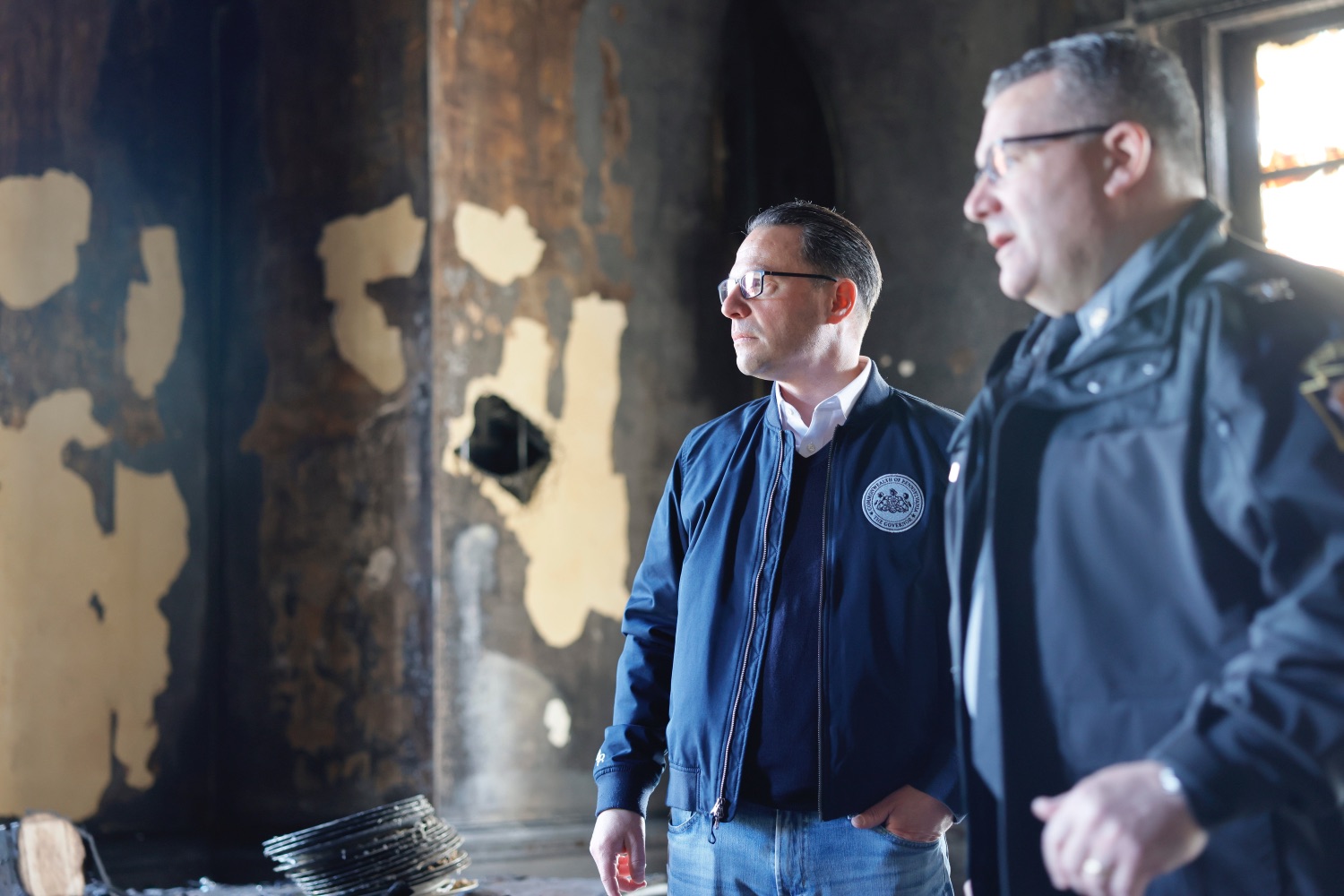Turkish government arrests over 1,300 Istanbul protesters
In recent events in Istanbul, the Turkish government has arrested more than 1,300 protesters following the detention of the city’s mayor, Ekrem Imamoglu, and numerous others amid allegations of corruption. Imamoglu’s arrest has been interpreted by many as a politically motivated move by President Recep Tayyip Erdogan’s management, aiming to suppress dissent against the government. The detentions sparked widespread protests, gathering tens of thousands of citizens who rallied against perceived government overreach and injustice.
During this turmoil, Erdogan accused opposition forces of stirring unrest and claimed responsibility for the violent clashes fell on Imamoglu and his political party.The protests have been met with heavy police resistance,including the use of tear gas and other riot control measures. Imamoglu has condemned his arrest as a betrayal, positioning himself as a central figure in the opposition to Erdogan’s regime.
Internationally, European leaders have expressed concern over Turkey’s commitment to democratic values as the protests highlighted civil rights issues. Erdogan, in response to this criticism, asserted Turkey’s strategic importance to Europe in ensuring security and emphasized Turkey’s willingness to enhance relations with the EU. Amid this climate, Imamoglu’s supporters are encouraged to participate in upcoming elections as a way to demand accountability and clarity from the government.
Turkey arrests over 1,300 Istanbul protesters as Erdogan rebukes ‘movement of violence’
The Turkish government refuses to yield from its arrest of the president’s most high-profile political rival, detaining over 1,000 people amid demonstrations in Istanbul.
Istanbul Mayor Ekrem Imamoglu was arrested on corruption charges last week by President Recep Tayyip Erdogan’s government, alongside approximately 100 other “suspects.” Several dozens more were arrested in the following days, some due to social media posts “inciting the public to hatred and hostility” or deemed “incitement to commit a crime.”
If persecutions were intended to solidify the government’s position against its political rivals, the strategy failed — the arrests were immediately met with protests that have, by now, swelled to include tens of thousands of citizens.
“As a nation, we followed with surprise the events that emerged after the main opposition leader’s call to take to the streets following an Istanbul-based corruption operation turned into a movement of violence,” Erdogan said of the protests after a Cabinet meeting in Ankara, blaming the unrest on agitation from Imamoglu’s political party.
“The main opposition is responsible for our [injured] police officers, the broken windows of our shopkeepers, and the damaged public property,” the president continued. “They will be held accountable for all this, politically in parliament and legally by the judiciary.”
The protests have been met with harsh response by Turkish police with riot officers deploying riot guns, flares, tear gas, clubs, and pepper spray.
The Turkish government reported this week that it has arrested approximately 1,133 people in relation to the protests.
Imamoglu, the likely presidential candidate of the Republican People’s Party and possible rival to Erdogan in the next Turkish election, has characterized his arrest and the subsequent crackdown as a “profound betrayal” and “an execution without trial.”
Around the same time as his arrest, Istanbul University named Imamoglu one of 28 students who participated in its English-language program in 1990 whose accreditation contained “clear errors.” The mayor was stripped of his diploma, making him ineligible for the presidency.
Regardless, the Republican People’s Party continues to urge Turkish voters to cast their ballots for Imamogul, the only candidate on their ballot, hoping that an overwhelming turnout for the mayor will force continued engagement from the government on the issue of election transparency.
“I invite our nation to fight for their rights,” Imamogul said Sunday via social media as voting locations opened. “This fight is crucial for the future of our nation and our children. Today is the day to claim responsibility and stand up for justice against those who usurp the will of the people. All together, leaving no one behind.”
European leaders are watching the riots spread across Istanbul with grim concern, questioning whether the European Union member state will abandon basic values expected of Western nations.
“The arrest of the mayor İmamoğlu and the protesters give rise to the questions regarding Turkey’s adherence to its long-established democratic traditions,” said European Commission spokesperson Guillaume Mercier. “As a Council of Europe member and EU candidate, Turkey must uphold democratic values. The rights of elected officials as well as right of peaceful demonstration need to be fully respected.”
Erdogan is not apologetic and seems not to take the idea of European rebuke seriously, stating in his post-cabinet meeting remarks that the continent needs Turkey for its own security.
IS IT POSSIBLE TO BE PRO-TURKEY BUT NOT PRO-HAMAS?
“The heated debates over past weeks have shown that European security without Turkey will not be possible,” the president said, according to Middle East Monitor. “Europe’s need for our country has begun to be openly acknowledged, not only in terms of security but also in many areas, from the economy to diplomacy and from trade to social life.”
He added, “Turkey is ready to advance its relations with European countries and the EU in the framework of common interests and mutual respect.”
" Conservative News Daily does not always share or support the views and opinions expressed here; they are just those of the writer."





Now loading...